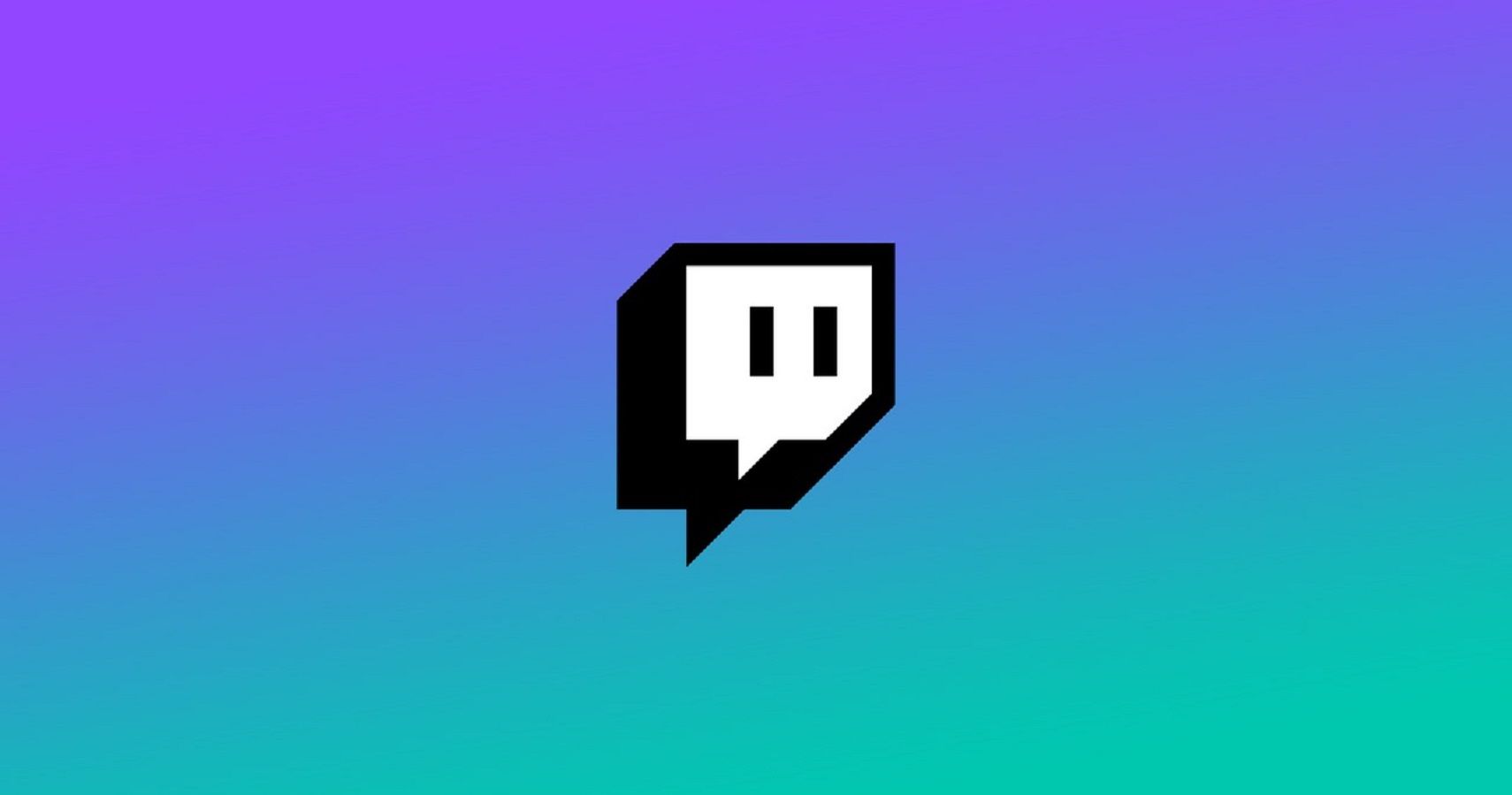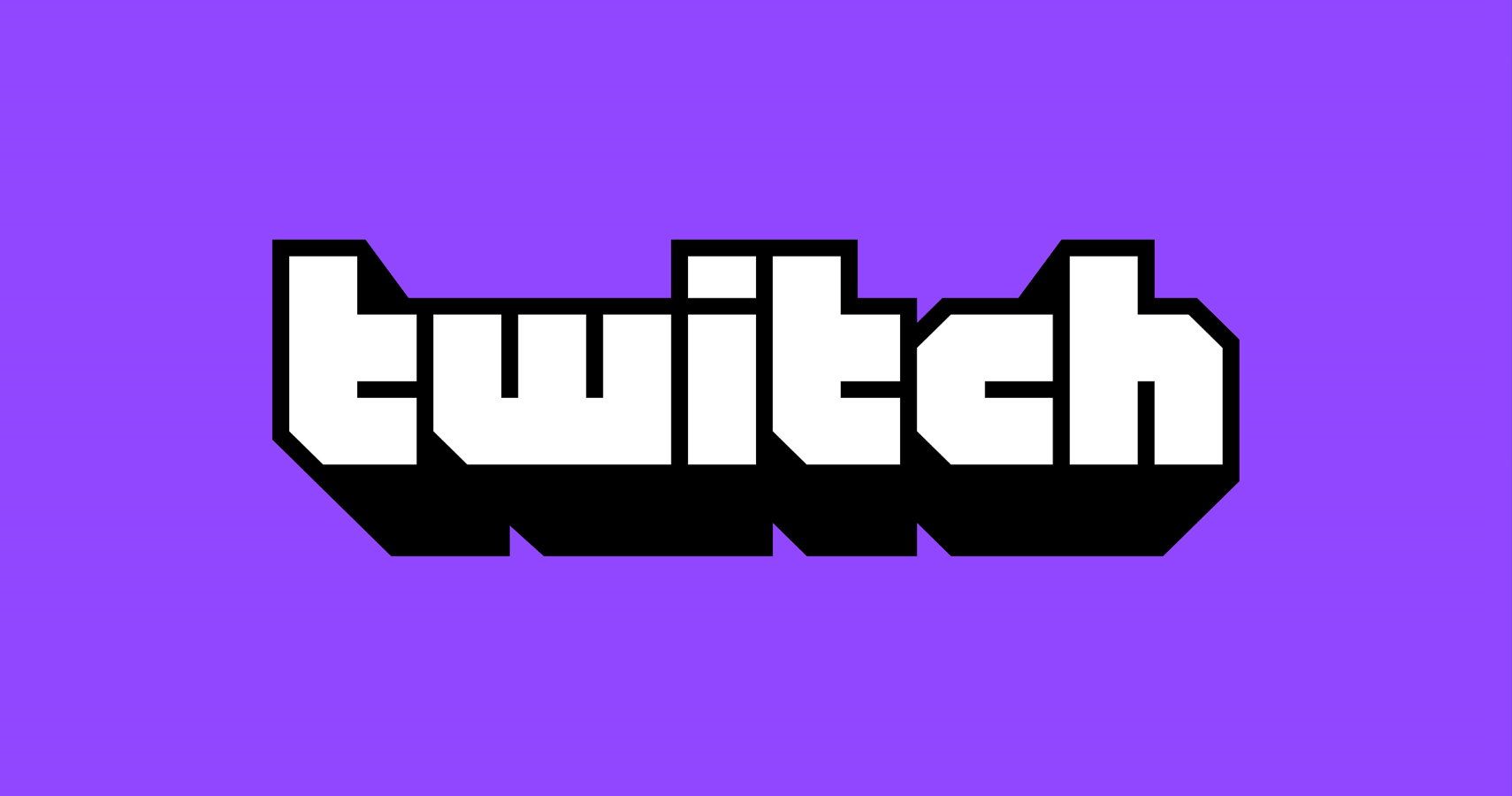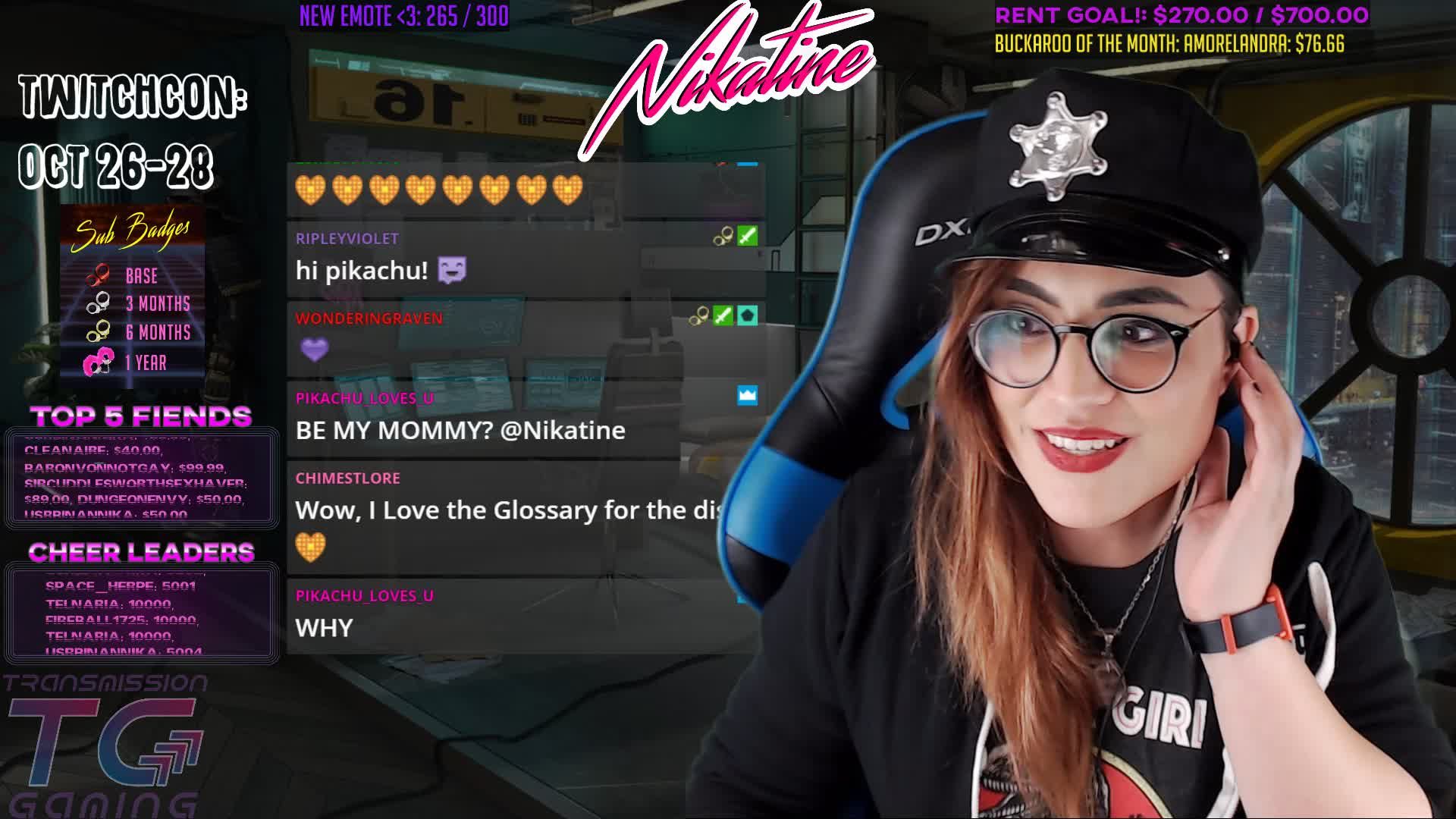Last week, Twitch unveiled it was adding 350 new tags, covering gender, orientation, ethnicity, and several other categories that had previously been excluded from the tag system for not conforming to Twitch’s previously-narrow definition of ‘what defines content’. Of these 350+ additions, the trans tag has grabbed the most headlines, having previously been a heavily requested feature from the trans community. Twitch had consistently maintained the view that a trans tag would lead to extra moderation, initially ignoring the trans community pointing out that extra moderation is a symptom of existing as a trans person within the gaming industry, not of a tag per se. A few months back Twitch softened its stance, and began considering a trans tag - among other requested categories - before finally confirming last week that a trans tag was officially a go. I’m happy, but you’ll forgive me if I don’t celebrate too loudly.
A little while ago, I wrote about the need for gaming to embrace intersectionality - about how collective voices are stronger, despite the need for committed voices who advocate solely for their own people. In that article, I admitted to seeing intersectional issues in gaming through a very specific, trans-oriented lens. It might seem hypocritical then to distil 350 new tags down to a story about just one of them, but that’s not quite what I’m doing. As someone who has written about trans issues in gaming, interviewed trans tag advocates, and is trans themselves, you’d think I’d greet the news with applause. But this is justice, not a victory.
I will not begrudge anyone their own celebration. A lot of people have worked incredibly hard to get Twitch to budge on this issue, and the trans tag is the fruit of their labour - they should be allowed to enjoy it. The world will never be perfect, and never stopping to smell the roses is exhausting for communities that frequently have to advocate for themselves to get the bare minimum. But any celebration that includes Twitch itself is way off base. It is complicated, as all things are - voices inside Twitch have long pushed back against the platform's policies and have tried to enact change from the inside. They too should be allowed to celebrate, but Twitch as an entity is positioning these new tags as an embrace of inclusivity, when the only ones ever excluding anybody was Twitch itself.
This comes alongside the LGBTQIA+ tag being updated so that it no longer lists ‘Ally’ as part of the community. Again, it’s a necessary change that took too long. It’s hard to get too excited about it, especially when that excitement implies that Twitch have done the right thing - it’s more accurate to say Twitch was doing the wrong thing, and has finally stopped.
All we know right now is that these tags include “transgender, Black, disabled, veteran, and Vtuber, among many others” - that’s from Twitch’s own press release. Nationalities are also listed, and you’d have to imagine they will take up the bulk of the 350. Added to the fact Vtuber is included, it’s clearly not just minorities or under represented groups getting these new tags. That’s not a problem though, in fact I’d even say it’s a positive. These tags should have been available from the get-go, and adding a huge wave together feels like an admission on Twitch’s part that the tag system needed a significant update, rather than just adding ‘transgender’ and ‘Black’ and drawing the ire of Twitch’s very vocal gatekeepers.
Later on today, Twitch will be explaining in full what these tags mean, when they will become available, and how - if at all - the wider tag system will be changing. When that happens, we’ll get a bit more insight into Twitch’s overall plans, but now the focus needs to shift off Twitch and onto the communities.
These communities, be they transgender or Black or disabled or any combination thereof, now have extra discoverabilty. Twitch’s previous position was that just because a streamer is Black doesn’t mean they necessarily produce Black content, and that’s true - it’s not necessarily true, but for some Black streamers, their Blackness is a core part of their identity online, and it shapes both the games they play and the ways in which they play them. They may discuss politics or themes or characters or… anything, speaking very deliberately as a Black person. For other Black people seeking that kind of content, and seeking that kind of space online where their identity is celebrated, they should have that access. They should always have had that access. Swap out ‘Black’ for any group that was previously unrepresented in the Twitch tag, and the statement holds true. It’s tough to build a community when you aren’t allowed to notify your biggest audience that you’re out there making the kind of stuff they’re looking for.
The worst part is that these tags used to exist. Twitch used to have a function that allowed streamers to create their own tags and discover their own communities, but once the tag system was introduced, this function bit the dust, and many of the communities were left with nowhere to turn.
It’s important to celebrate victories, especially in communities where getting the bare minimum well after it should have been granted is still a victory. But it’s also important to keep in mind we’re only celebrating now because Twitch had decided for years that if we make content about ourselves, it didn’t really matter.



